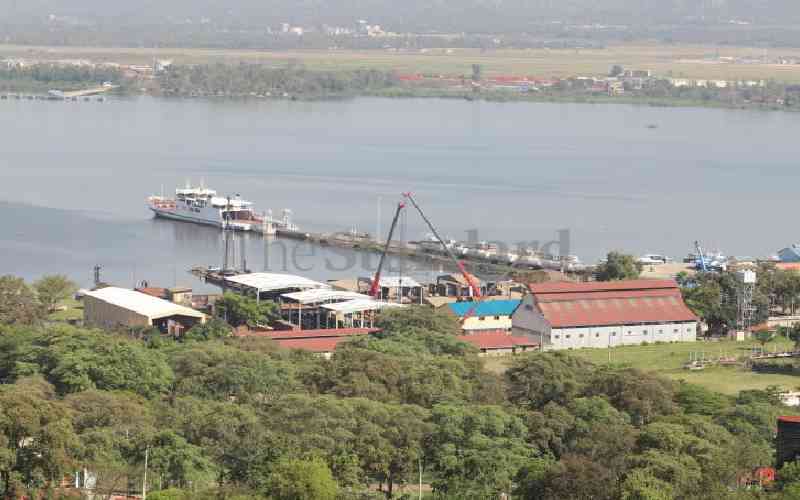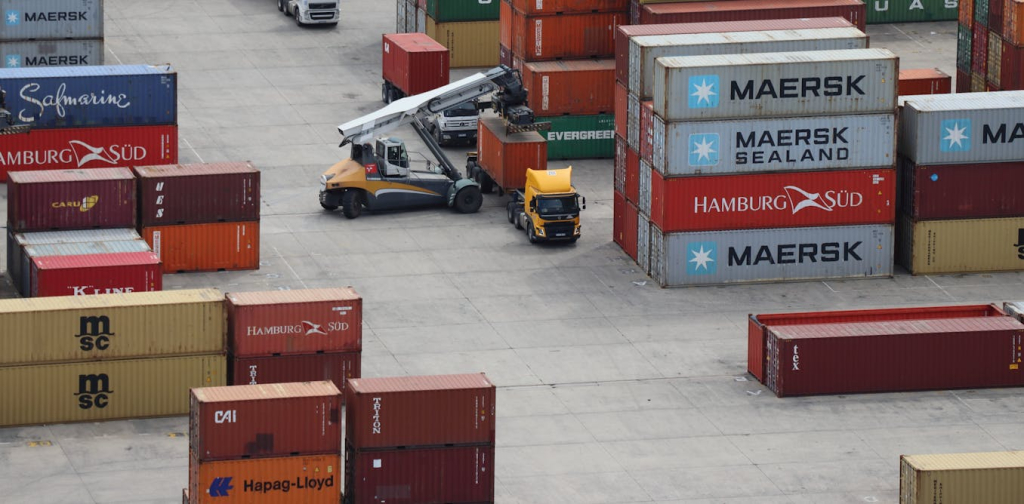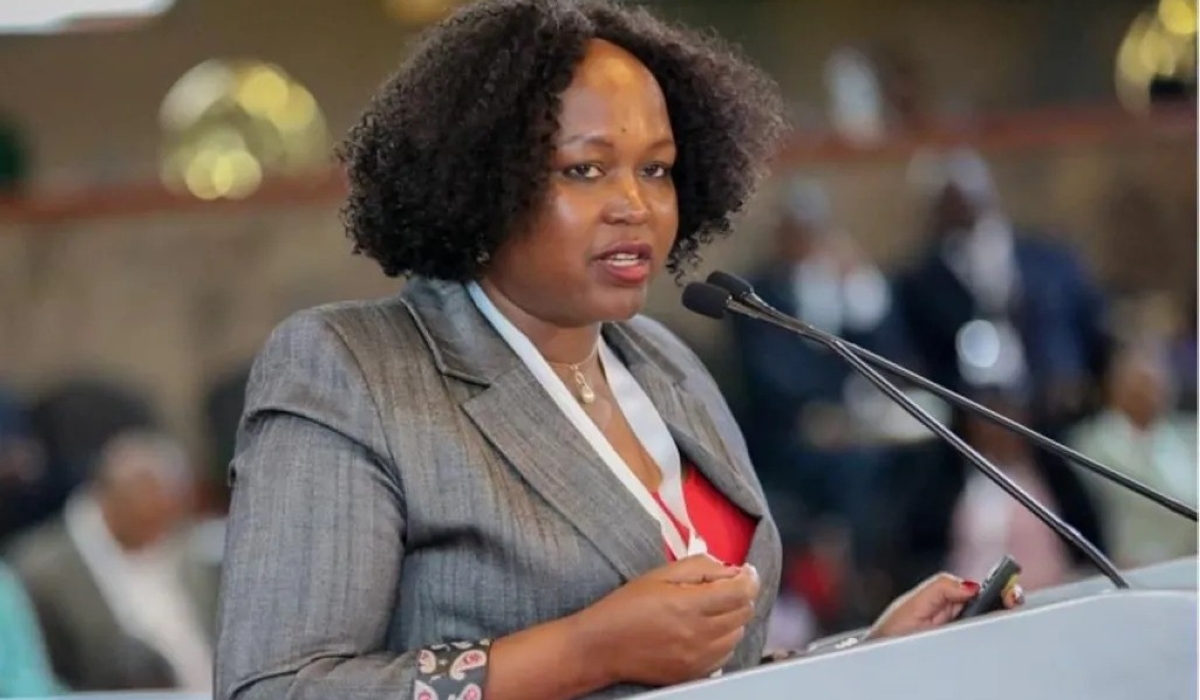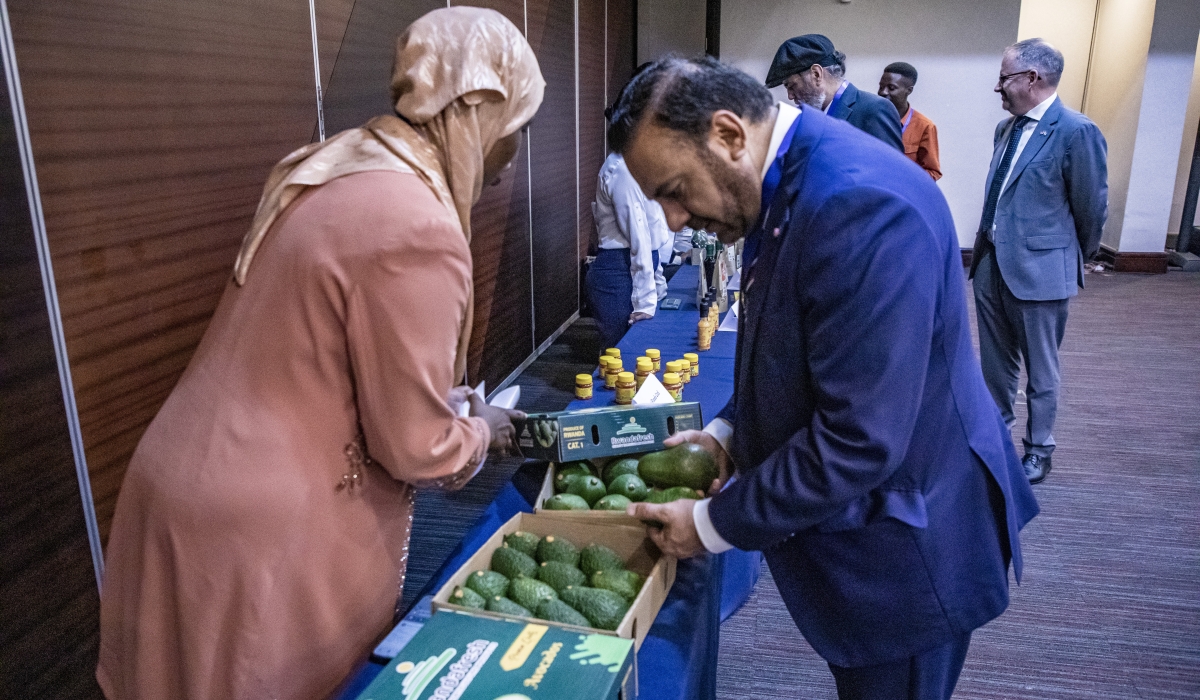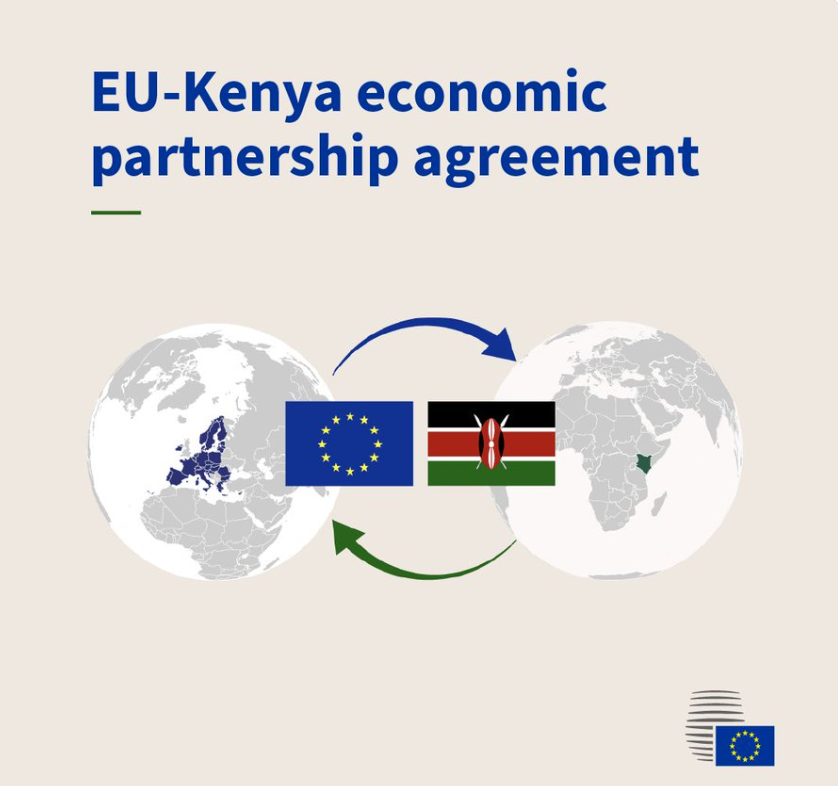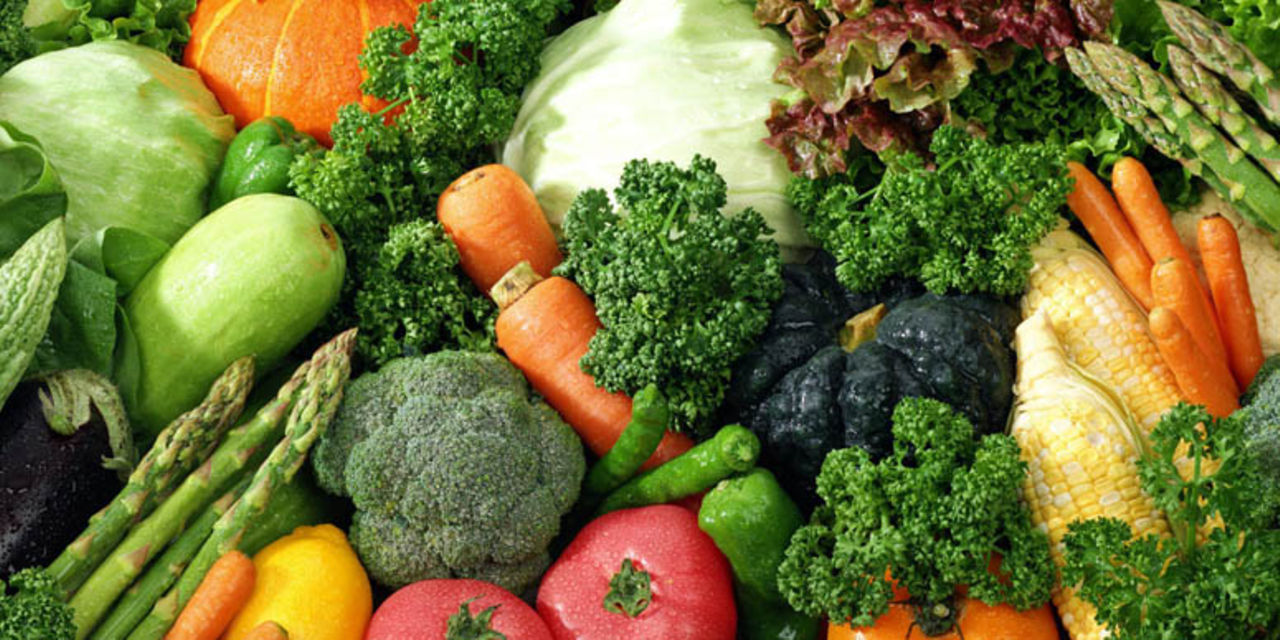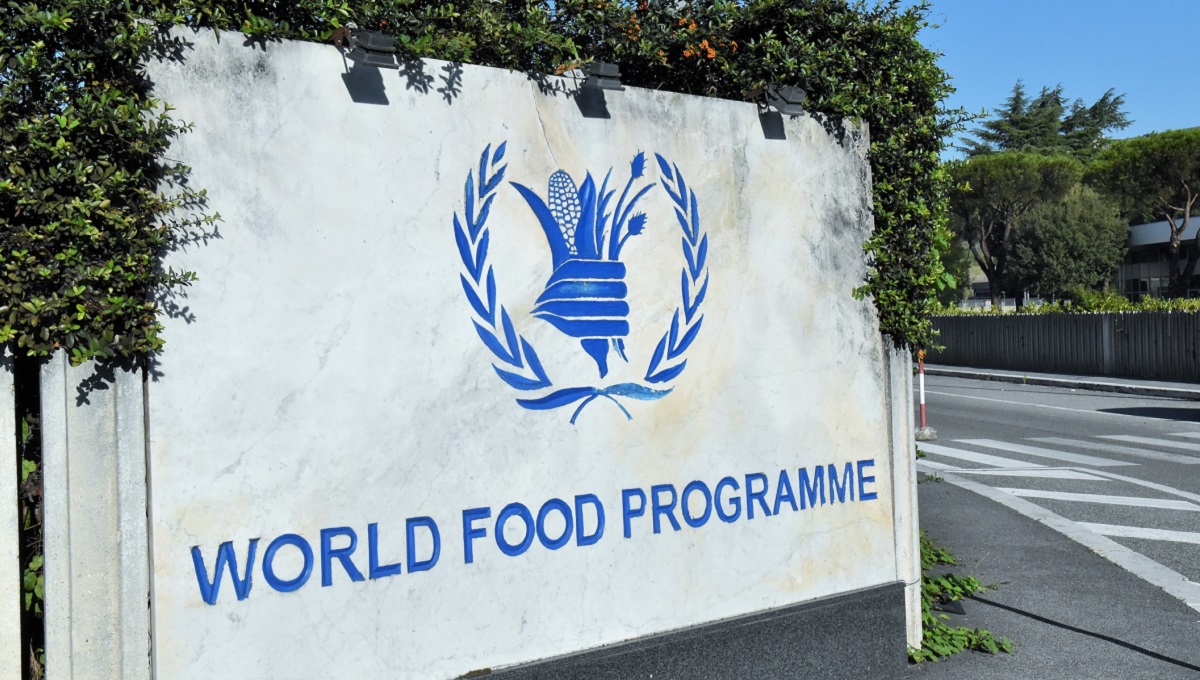The government has embarked on an ambitious plan to transform Kisumu Port into a cruise ship hub as efforts to revamp lake transport gain momentum. The plan is expected to breathe life into the untapped potential of Lake Victoria transport that thrived in the 1980s and 1990s. At the time, the legendary MV Uhuru was among the ships that provided transport to neighbouring countries alongside other East African countries' flagged ships. Shipping and Logistics plans to position Kisumu as a cruise ship hub are at an advance stage. Other partners including private players are also actively investing in new vessels to exploit the region's maritime transport. Kenya Ports Authority (KPA) engineers have finalised the design of a passenger terminal at Kisumu Port, setting stage for cruise ships to start docking in the near future. KPA engineers said the modern terminal comprises of unique fusion of indoor and outdoor spaces, offering breathtaking panoramic views of Lake Victoria and a floating roof designed to harness natural breeze for maximum comfort. The Kisumu Port Resilient Infrastructure Project, a collaborative initiative with TradeMark Africa, is part of the ongoing implementation of the KPA Strategic Plan. "The project encompasses a modern cargo warehouse to complement the new passenger terminal, ensuring comprehensive support for both passenger and freight activities," said KPA. The terminal will have a public concourse featuring concession areas, drop-off and arrival zones, ticketing facilities and screening sections. It will also comprise of passenger processing zones equipped with check-in counters, immigration, and customs facilities as well as...
KPA seeks to transform Kisumu port into cruise ship hub
Posted on: June 7, 2024
Posted on: June 7, 2024

